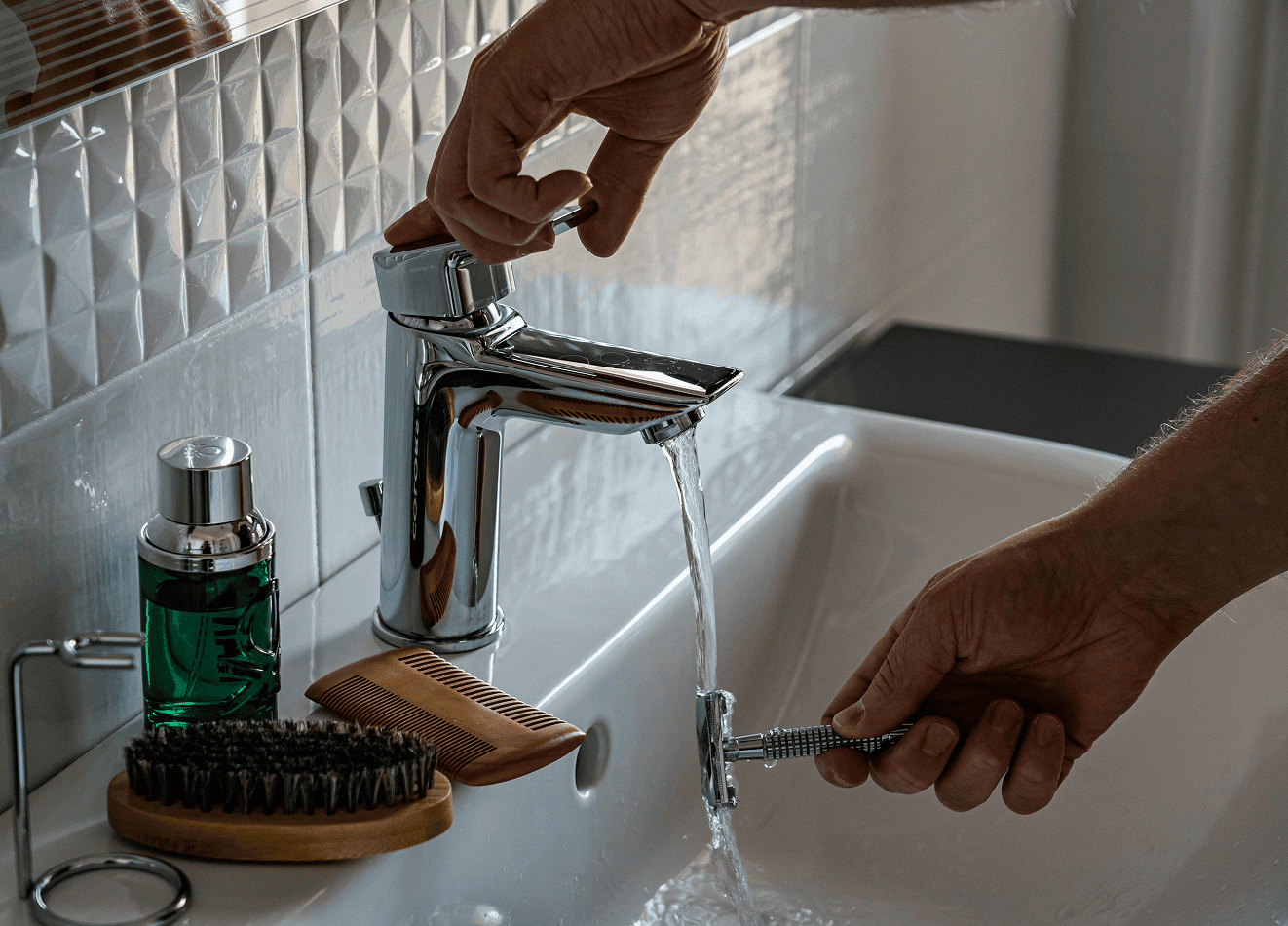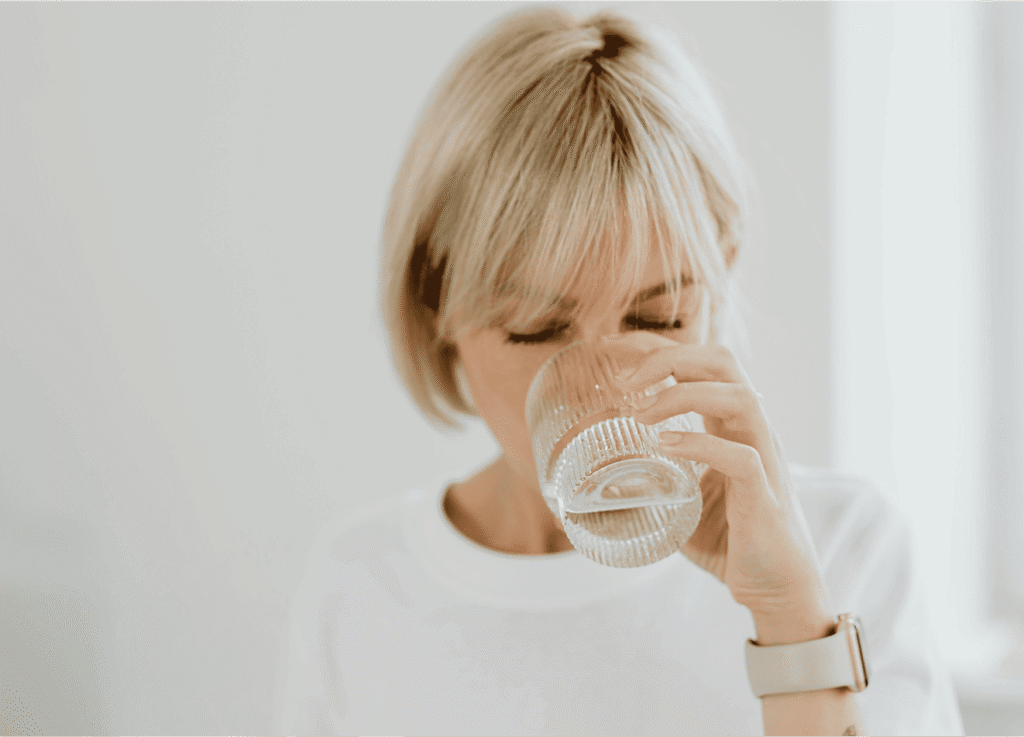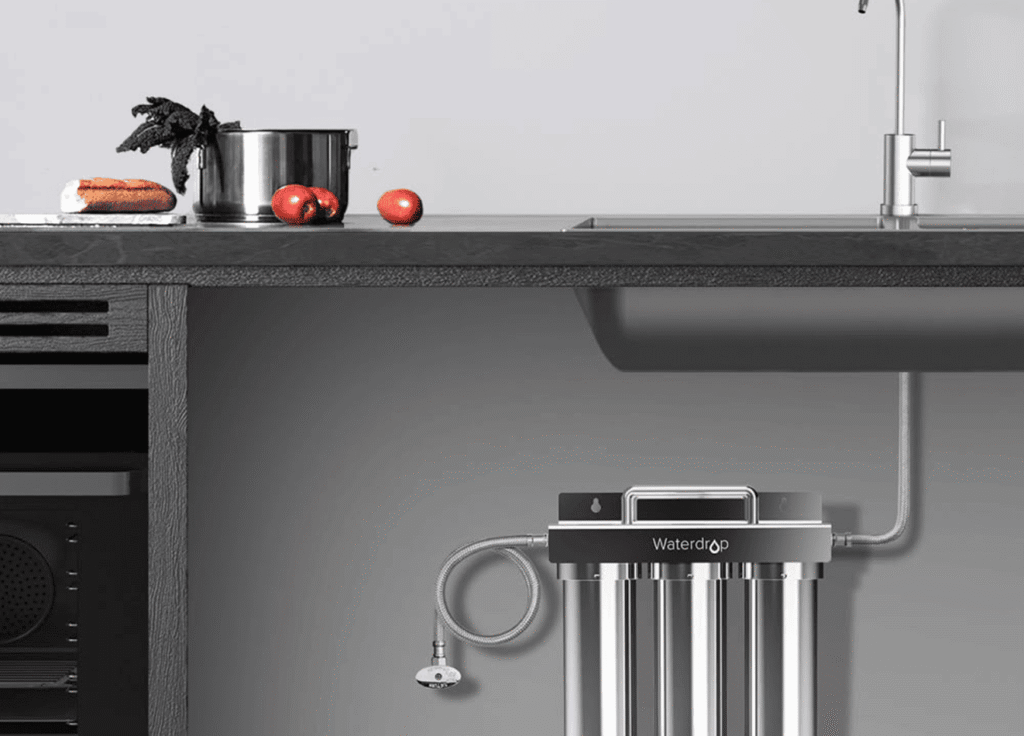The truth about tap water: Why home filtration matters more than ever

Tap water is often assumed to be safe, but the reality is more complex. While municipal water systems are required to meet regulatory standards, those standards haven’t kept up with emerging contaminants like microplastics, PFAS (forever chemicals), and trace pharmaceuticals. What’s more, the pipes that deliver water to your home—especially in older neighborhoods—can leach metals like lead or copper. Even legally “safe” water can still contain levels of chemicals and impurities that affect your long-term health.
Environmental issues and outdated infrastructure further compromise water quality. Runoff from agriculture and industry often makes its way into water supplies, introducing pesticides, heavy metals, and synthetic compounds. During heavy rains or droughts, treatment facilities can become overwhelmed, increasing the risk of contaminated tap water reaching your faucet. Meanwhile, disinfectants like chlorine are necessary to kill pathogens, but they can react with organic matter to form byproducts linked to health concerns.
All of this makes home filtration not just a luxury, but a growing necessity. Filtering your own water gives you an extra layer of protection and control over what you and your family consume every day. Whether you’re concerned about health, taste, or simply gaining peace of mind, a good home filtration system helps ensure that your tap water is not just technically legal—but genuinely clean and safe.

